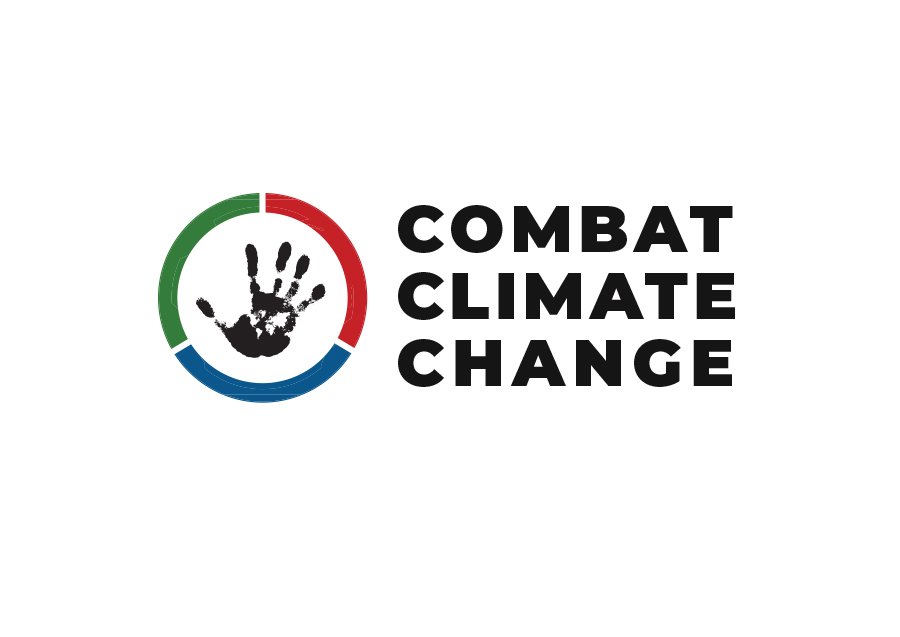The Bahá’í teachings serve as a profound reservoir of guidance for tackling multifaceted global issues, with climate change presenting one of the most pressing challenges of our time. But how often do we converse about these teachings without translating our discussions into tangible actions? Isn’t it easier to articulate ideals than to instantiate them? Yet therein lies the paradox. The urgency of climate change implores us to transcend mere rhetoric and embrace active engagement. The Bahá’í Faith emphasizes the imperative of action, motivated by a deep-seated sense of responsibility towards the Earth and humanity at large. Herein, we will explore how Bahá’í principles can galvanize individuals and communities alike into meaningful action against climate change.
To commence this investigation, let us reflect on the concept of the oneness of humanity, one of the cornerstone teachings of the Bahá’í Faith. This principle asserts that all human beings are interconnected, a philosophy that extends to our relationship with the environment. If we regard our ecological systems as extensions of ourselves—the flora, fauna, and the very air we breathe—then an injury to one becomes an injury to all. The question that arises is this: how can we mobilize this consciousness of unity to foster collective action against climate degradation? The answer resides in our shared practices, transcending geographical and cultural divides, particularly those in vulnerable regions disproportionately affected by climate crises.
Moreover, the Bahá’í emphasis on justice and equity prompts us to examine the ethical dimensions of environmental stewardship. It is incumbent upon us to advocate for policies that not only mitigate climate change but also foster social equality. Hence, we confront a challenge—how do we ensure that marginalized communities are not sidelined in the green transition? Engaging these communities is essential. They possess invaluable knowledge that is often overlooked, and their participation in decision-making processes can create a more diverse and robust framework for addressing climate change.
In aligning our actions with Bahá’í principles, one can draw inspiration from the teaching of consultation. This process encourages open dialogue and collective problem-solving, serving as an effective mechanism for mobilizing communities. It should be applied not only in community halls but also within corporations, institutions, and governments. Indeed, the efficacy of our response to climate change hinges upon our ability to consult— to bring together diverse perspectives, to reconcile differing viewpoints, and to cultivate a collective vision that is adaptive and informed by the spirit of cooperation.
Turning our gaze toward the individual, the Bahá’í Faith underscores the importance of personal responsibility. Each individual possesses the capacity to enact change within their sphere of influence. This leads us to another playful provocation: can we redefine our daily routines as microcosms of environmental stewardship? By adopting sustainable practices—reducing waste, conserving energy, and supporting eco-conscious businesses—we engage in a form of active resistance against climate change. Such efforts, though seemingly insignificant in isolation, coalesce into a mighty force when multiplied across a community.
Additionally, education plays an indispensable role, resonating with the Bahá’í commitment to the advancement of knowledge. Awareness-raising initiatives can illuminate the connections between consumer behavior and environmental degradation, thus empowering individuals to make informed choices. The Bahá’í community champions educational programs that integrate environmental awareness into curricula, engendering a generation attuned to the realities of climate change and, more importantly, equipped with the tools to combat it.
Furthermore, prayer and meditation stand as unique avenues in the Bahá’í tradition. These practices do not merely serve as retreats from the chaos of environmental decline but act as catalysts for renewed commitment and resilience. Reflecting upon one’s purpose in the face of climate adversity can galvanize inner strength and inspire collective action. The contemplative aspect of these traditions encourages a mindset shift, allowing individuals and communities to view their efforts as part of a larger, sacred endeavor to protect the planet.
In addressing climate change, the Bahá’í teachings also advocate for a holistic approach. Science and religion must converge in our efforts. While scientific research elucidates the mechanisms behind climate change, spiritual understanding offers a moral framework for why action is imperative. Collaboration between scientists, environmentalists, and religious communities can generate innovative strategies and solutions, fostering an interdisciplinary approach that is both scientific and soulful.
As we explore the intersections of Bahá’í principles and environmental activism, it becomes evident that combating climate change cannot rest solely on policymakers or global leaders. It requires an awakening of individual and collective conscience, a communal recognition of our interconnectedness, and an unwavering commitment to justice. The challenge, therefore, is twofold: to actively engage in our immediate environments and to inspire a broader movement rooted in Bahá’í ideals. This journey requires us to be steadfast, adaptable, and innovative.
To encapsulate, the teachings of the Bahá’í Faith illuminate pathways beyond mere dialogue regarding climate change. The roots of action are embedded in community unity, justice, responsibility, consultation, education, spiritual reflection, and an interdisciplinary approach. In grappling with this multifaceted crisis, let us challenge ourselves to bridge the chasm between speech and action. Are we ready to embrace our roles as stewards of the Earth, allies to one another, and champions of a sustainable future? In doing so, we can hope to create a world where harmony, equity, and environmental integrity reign. Thus, the momentum of our actions can ripple through history, shaping the destiny of generations yet to come.
